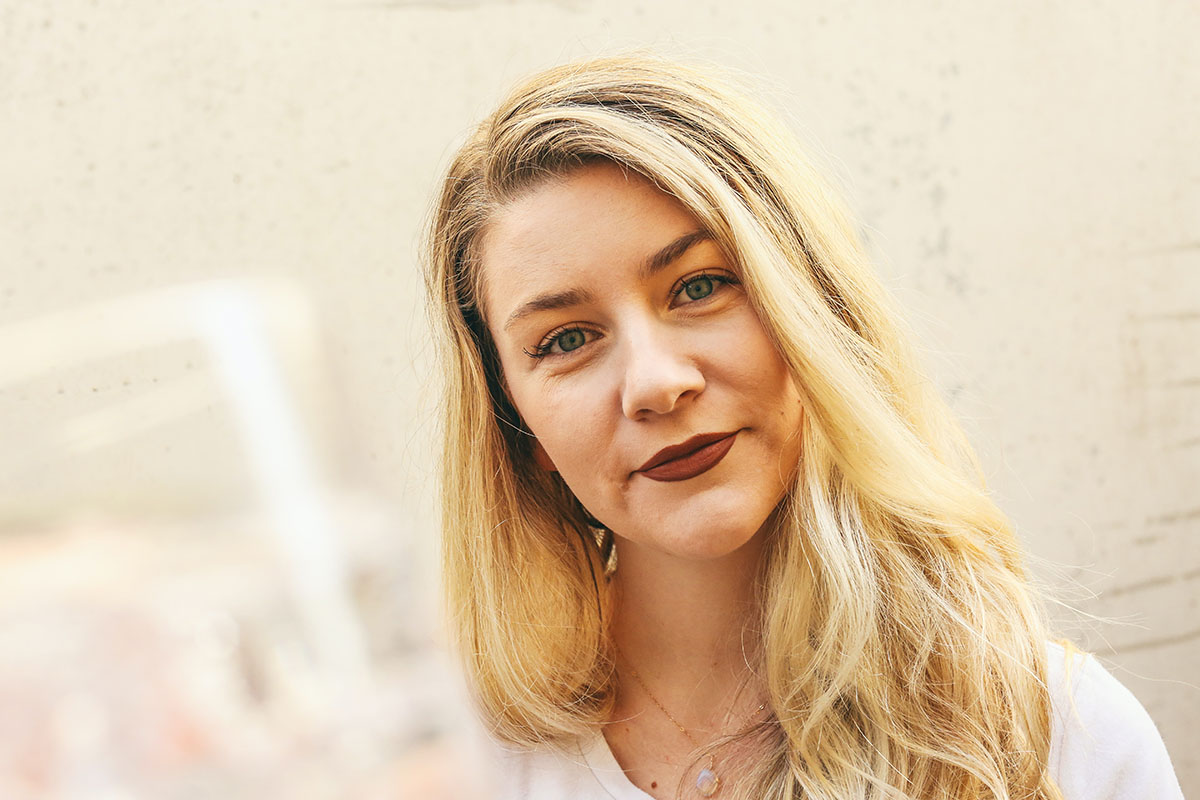The weight of parenthood is heavy, you’re responsible for the constant protection and provision of children whom this fallen world is quite literally out to get. While in the early years, it’s more realistic to be able to never let your children out of your sight and therefore your protection; however, with time our grip is forced to loosen. Whether with the start of daycare, public school, or extracurriculars; at some point, your children will be under the care of other adults who do not place the same amount of value in their protection and well-being, simply because it would be nearly impossible for them to attain. I am not saying that caretakers cannot care deeply for your children, rather am making the point that your maternal (or paternal) instincts and connection put them at the tippy top of your priority list. It is nearly impossible for others to love them with as much might as you do. With that being said, and with the understanding that eventually your children will be placed under the supervision of someone else; one of the most important steps you can take in protecting your children from abuse is having open and honest conversations. Obviously, these should be age-appropriate, but even as young as potty training age it’s important to establish clear boundaries with body parts and “secrets.” Teach your children as young as possible that they can trust you with anything, and further that any adult who asks them to keep a secret from mommy or daddy is an unsafe adult and does not have their best interest at heart. This can seem heavy for a young child to grasp, but it’s important to practice these conversations often; our children are far more competent than we often give them credit.
Another influential effort we can make in protecting our children is ensuring that we do not inadvertently harm them ourselves. As I emphasized earlier our maternal and paternal instincts provide us with a supernatural and innate protective nature toward our children; to the point that we cannot fathom hurting our children and the thought of those who abuse innocent children fills us with righteous anger. However, with one of the leading causes of death in infancy being shaken baby syndrome. It’s proven that even the most loving parent can be sleep deprived, overstimulated, and frustrated; and one’s helpless consoling of their crying baby can lead to abuse and even fatality. Now this is not a common response, however, it is important to recognize and become aware of your own tolerance and patience. If you have an inconsolable colic baby, you may have a moment where you think “I can see how someone would become frustrated and helpless and inadvertently shake their baby.” Now when you have that thought, it’s a good time to realize your baby will be okay if you put them down in their crib, allow them to cry while you take a breather, then return after a few minutes. It’s better that you put your baby down in a safe place and allow them to cry while you take a minute to recoup, rather than risk pushing yourself to an unmatched level of overstimulation. This is only one example of how we can look at our own weaknesses and recognize the potential they provide for us to unintentionally harm our children.





